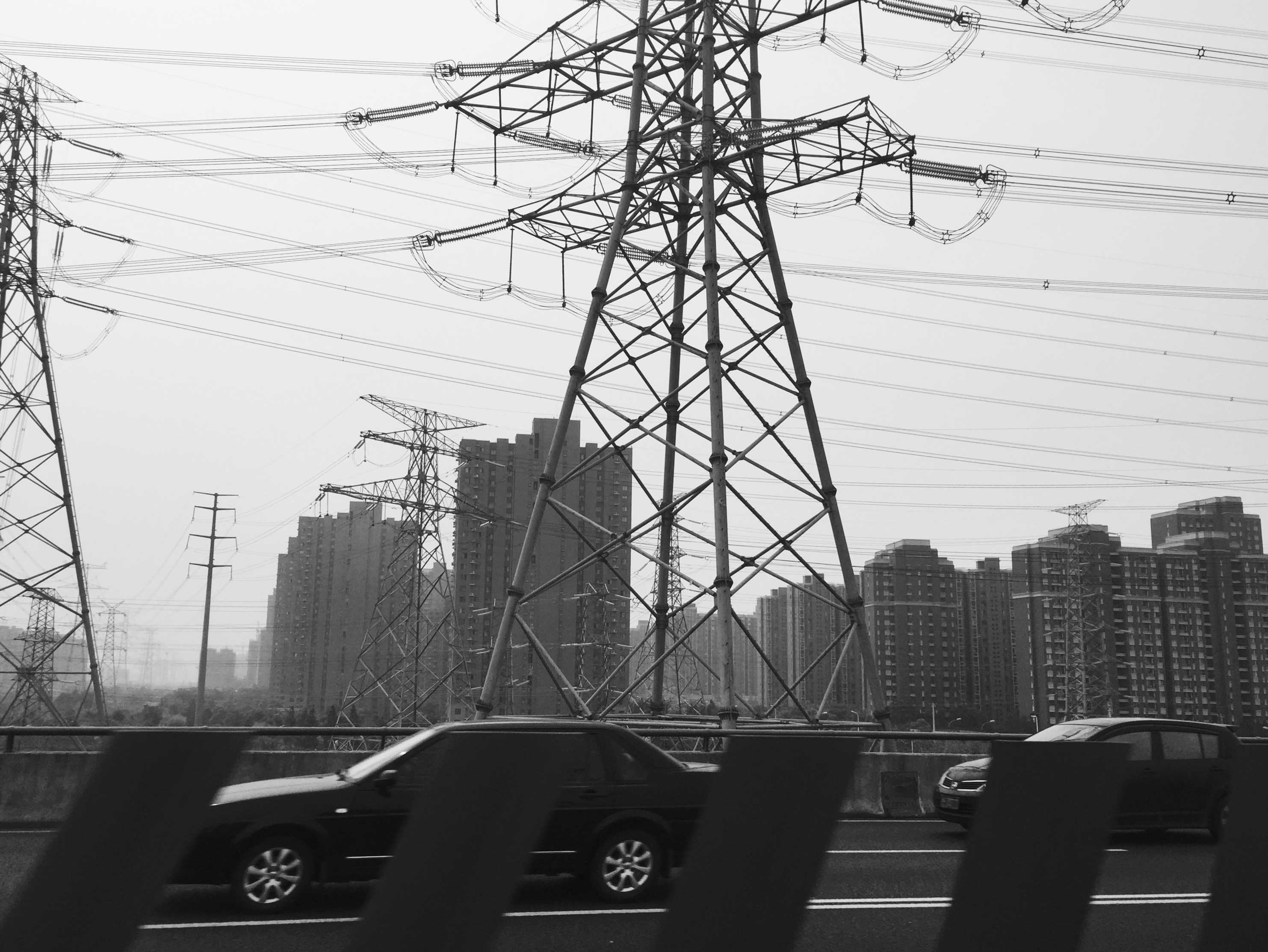The Nature of Scale

I’m writing on the plane back home to the UK from China. Flying west across seven time zones in eleven hours is a way of playing with time that sparks some curious thoughts and reflections. It has taken four hours to leave Chinese airspace and therefore get access to unblocked wifi. Any way you look at it, China is a huge place.
I was working in Hangzhou, a second tier city and home of Alibaba, one of the world’s fastest growing and highest profile high technology businesses. Hangzhou has an estimated population of 8.7 million, estimated because it is growing at such rate that nobody really knows. In 2000 it was estimated at 2.4 million. That is some growth. Everywhere you travel whole precincts of tower block housing are being built. Mile after mile after mile. Yet Hangzhou doesn’t even figure in the top tier Chinese cities. If we think our metropolitan areas in the UK are going to be global economic powerhouses we are living in a dream world.
It was impossible also not to reflect on what happens when things grow in scale. A single person trading alone has a unique identity and relationship with their market and environment. They know full well what pays the bills, what customers like and don’t like. The effect of failing to relate deeply with their environment is self-evident. They don’t get paid. They cannot cover their costs; they lose the means to sustain not only their business but also themselves. The sole trader survives through their connection with the world.
As businesses grow, things start to get more difficult. Taking on a partner or employee changes that unique identity. The business is now ‘we’ not ‘I’. It is seen by and sees the world differently. As more people join, the levels of complexity grow both in terms of who ‘we’ are and how we relate to the rest of the world. By the time it has become a global corporation or large governmental agency the sense of who we are is increasingly confused and the relationship with the environment has become decidedly messy.
Imagine a cube made of a single block. It has a surface area of six but a volume of one. This relationship between surface area and volume shrinks rapidly as the cube grows. A cube three blocks high, wide and deep has a surface area to volume ratio of 54:27 or 2:1. By the time it is ten by ten by ten its surface area 600 to a volume of 1000. So as things grow, their contact with the world outside them is increasingly reduced.
I think of organisations as living things in a wider eco-system. This relationship is symbiotic; each is dependent on and shapes the nature of the other. If they start to lose connection this becomes damaging to both. The business becomes detached from a customer base, from trends in its market environment. It has to work harder to keep up. It decides to ‘re-engineer’, develop market analysis tools, refresh its strategy include a customer relationship function, open contact centres, grow its web presence and on and on. And as it does so it continues to grow and compound the level of complexity. And as it uses its environment, neglecting the symbiosis, the emotional relationship with it is broken. Once lost, this relationship is rarely recoverable. Inevitably the business begins to decline causing social and often environmental damage for generations.
For me the challenge of scale is not how you manage the burgeoning internal structure. It is how you manage the relationship with the environment you operate in. When this relationship is deep, symbiotic and respectful it drives internal relationships and actions that give meaning to the business. That’s the nature of life and the real challenge for any large organisation that wants to survive in a connected world.
(Image; http://insects.about.com/od/antsbeeswasps/a/10-cool-facts-about-ants.htmI)
I have been thinking about issues of ‘scale’ too and it strikes me that in the NHS as we adapt to cope with increasing demand, in effect scaling, we have a tendency to ‘systematise’ and with that the providing personalised and person centred care starts to be eroded. The way we now use language reflects that systematisation and pulls us away from personalisation. Either we need to reflect on this and perhaps change or we need to be more honest; we may not be able to provide the same quality of experience at scale. Anne x
I agree there must be a balance between systematic effort versus automatic which would/could jeapordize person centred care. I think mindfulness may be a balancing factor here but the effort required to be mindful may be seen as too much. After all we rely on our automatic responses for so many choices we make.